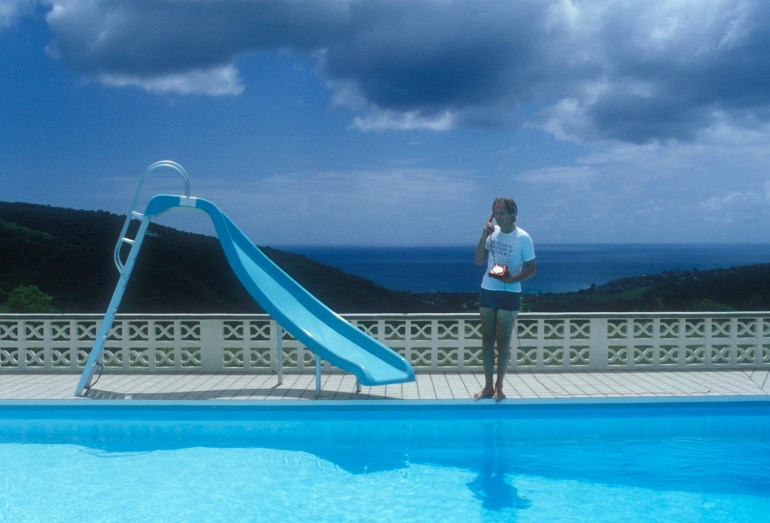In putting together this year’s Melbourne International Film Festival (MIFF), director Al Cossar was “hoping for the best and planning for utter chaos”.
MIFF’s 69th edition had always been devised as a hybrid model, but originally films were to run in cinemas for the first half of the festival and online for the second.
With Melbourne just emerging from its fifth lockdown, the festival announced today it will now bring forward the online program to run for the full duration of the festival, August 5-22, while in-cinema screenings will now commence later, on August 12.
There is the hope by that date, the capacity restrictions that Victorian cinemas are facing (currently capped at 100 per theatre) may have loosened. All ticket holders who have already purchased tickets to events will be contacted directly.
While the festival has had to make these changes, Cossar tells IF the 2021 event was always designed to be flexible and resilient so they could adapt to what was happening in the world.
“It has a metro-Melbourne season, a suburban activation and a regional activation ring, a drive-in element and a digital element, as well as modular timings. The whole idea of that was really to give us options.
“That doesn’t make this moment any less complex in terms of picking up the festival, rebuilding it and doing all kinds of things to ensure it’s in a form so it can welcome as many people this year as possible. But it was good to have that design and those options to work with.“
There was various scenario modelling that took place over the last few weeks, with the festival landing on this option as Victoria came out of lockdown and there was a sense of what the next few weeks may look like. Around 380 film sessions have needed to be rearranged.
“A day is a long time at the moment and we just keep responding day by day,” Cossar says.
“But we wanted to give ourselves the best shot of meeting audiences where they are, to the fullest extent possible.”
Venue partners have adapted with the festival where they can; given capacity restrictions Hoyts at Melbourne Central will screen multi-room presentations of some of the most popular films. The Coburg Drive-In is also now the festival’s largest venue, given it can operate at full capacity.
The festival’s virtual strand MIFF Play, available nationally, was already to screen 62 films, but is also poised to expand by at least 30 titles, with Cossar telling IF he hopes they can add 40. It has also added a further virtual platform, extended reality program MIFF XR, which has nine experiences on it available for free globally.
Siân Heder’s coming-of-age film CODA, which won the US Grand Jury Prize at Sundance, will now launch the festival’s digital season on August 5.
The Drover’s Wife The Legend of Molly Johnson, Leah Purcell’s debut feature, remains the Opening Night gala, premiering instead on August 12 to mark the commencement of the in-cinema program. In order to increase opening night capacities, concurrent screenings will now take place at The Astor in St Kilda; The Sun Theatre in Yarraville; Pentridge Cinema in Coburg; and Lido Cinema, Hawthorn.
MIFF has also secured a number of additional Cannes titles, including Palme d’Or winner, Julia Ducournau’s Titane; Joachim Trier’s The Worst Person in the World; Oliver Stone’s JFK Revisited: Through the Looking Glass and Abdullah Mohammad Saad’s Rehana Maryam Noor.
In terms of Aussie titles, MIFF will now host the Australian premiere of Gracie Otto’s doco Under the Volcano, about AIR Studios Montserrat, the music studio founded Beatles producer Sir George Martin – the birthplace of songs like Money For Nothing and Every Breath You Take.
More info at www.miff.com.au


